Norwegian University of Science and Technology
 The Norwegian FaSMEd toolkit can be accessed at fasmed.hist.no.
The Norwegian FaSMEd toolkit can be accessed at fasmed.hist.no.
NTNU, the Norwegian University of Science and Technology, has as its mission “Knowledge for a better world” and creates solutions that can change our daily lives. In 2016, NTNU merged with the University Colleges in Gjøvik, Sør-Trøndelag and Ålesund to form a single university. The merger gives the university more comprehensive course offerings and larger research groups. NTNU is now Norway’s largest, most exciting and innovative university. NTNU’s interdisciplinary research results in innovations that have great economic and social significance. NTNU also has the broadest study offerings of any Norwegian university in the different technological and artistic and aesthetic disciplines. NTNU is Norway’s largest and leading provider of engineers and graduate engineers, and is one of the country’s two largest institutions for teacher education.
Prior to the merger, the Sør-Trøndelag University College (HiST) was a leading institution for teacher education for primary and lower secondary education (grades 1-10) in Norway, in particular in mathematics and science education.
The university’s research profile is equally impressive, with several internationally and nationally esteemed research and development projects (e.g. EU PRIMAS; EU mascil; LPS- Learners’ Perspective Study; TransMaths Norway; TBM- Teaching Better Mathematics, to name but a few projects within teacher education).
A reliable research team has been established, in particular around the EU mathematics & science projects. In the area of formative assessment NTNU has been working with local schools, colleges and the regional school authorities, in order to increase engagement and raise achievement in mathematics, science and technology related subjects. From autumn 2013 all mathematics and science teachers have to partake in professional development, and this includes formative assessment programmes. With the new teacher education framework, NTNU has a profound interest in improving the progress of low achievers in mathematics and science education through formative assessment strategies and using new technology. This is particularly so, as results for Norway in international tests demonstrate a need to bring every child to an appropriate level in mathematics, science and technology education, in order to face the demands of Norway’s technology and economy.
The existing and well-established NTNU mathematics and science research team has worked successfully on various EU projects. In terms of key players’ expertise, Dr. Birgit Pepin is professor of mathematics didactics and has worked and conducted research in mathematics education since 1990, both in Norway and in different European countries (e.g. UK, France, Germany). She has led many funded research and development projects in teacher education and professional development (e.g. projects funded by EU, ESRC, etc.). One of her main expertise lies with cross-national comparative studies, and she has published widely in the field of mathematics education internationally. She has also conducted research on formative assessment in mathematics classrooms, in particular with respect to the use of ‘tools’ and curriculum materials for learning. Both Prof Pepin and Dr. Sikko have led courses with formative assessment for the education of low achievers. Prof Pepin is now located in the Netherlands, at Eindhoven University of Technology.
Dr. Svein Arne Sikko is an experienced mathematics education researcher, and Dr. Ragnhild Lyngved Staberg has researched and developed the use of ICT in science education. Both have participated in several national and international research projects, including the EU PRIMAS and EU mascil projects. Dr. Maria I.M. Febri is a skilled science education researcher; and Associate Professor Jardar Cyvin and Assistant Professor Øistein Gjøvik are both experienced teachers and researchers in the field of ICT in science (Cyvin) and mathematics (Gjøvik) education. The whole team will add value to the project with their expertise in (1) formative assessment; curriculum resources, and special educational needs; (2) international comparisons; (3) professional development and teacher education; (4) cross-national research and development project; and (5) use of ICT in formative assessment.
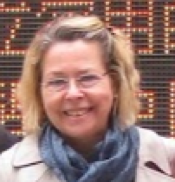 |
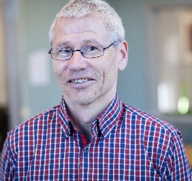 |
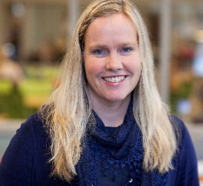 |
| Birgit Pepin | Svein Arne Sikko | Ragnhild Lyngved Staberg |
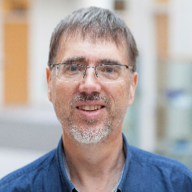 |
 |
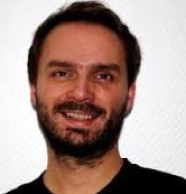 |
| Jardar Cyvin | Maria I.M. Febri | Øistein Gjøvik |
